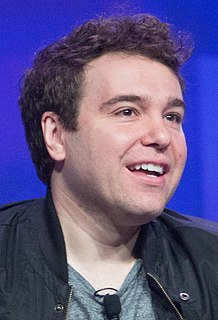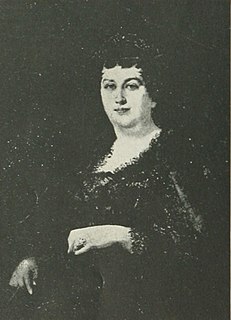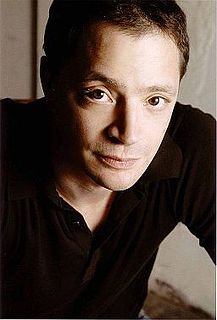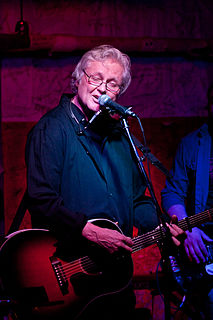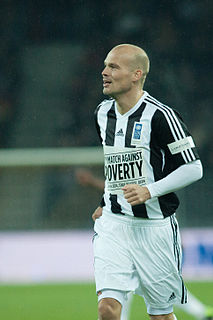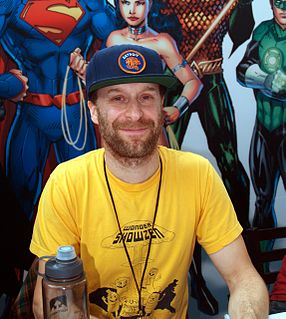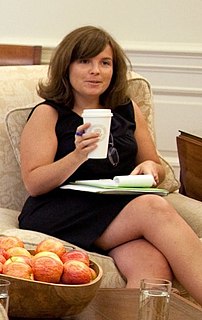A Quote by Jon Lovett
It was awesome how supportive the White House was. It meant a lot to me that when I left, the people that I worked with - Jon Favreau and David Axelrod and others - really understood that this was something that I felt I held had to do.
Related Quotes
We would do improvisation together. And that in a way, had almost a "student-film side" where we'd be sitting there with Robert Downey and Jon Favreau and we're playing around, we're jamming around and we read those pages and in next couple of days that's what we do, so it was a good experience. Kind of frightening at first because you didn't quite know how it was going to work out, but they had some very talented people there so it worked out well.
I kind of wish people didn’t know who I am, that I could just lie, say I’m a speechwriter for Obama. This is what I said before Twilight. And then Obama came along and picked up all these young writers. I found out this guy, Jon Favreau — who’s not the actor Jon Favreau — is writing for him. And I was like, Wow, I wonder if the people who thought I was bullshitting at the time are like, ‘Oh my god. That guy! That kid who was drunk in some bar actually wrote the health care bill!’
As much as people were asking me and everybody else on the show constantly if Jon Snow is alive or dead, I think, really, in their heart of hearts, they didn't actually want to know. For us, it felt very important to maintain that secrecy for the fans, and we worked very hard to make sure that worked out.
I could send myself right back to the day that I wrote "Angel Of The Morning," how it felt. I had a buzz through me that morning that was so powerful. I knew I had done something that meant something, because of that feeling. It wasn't a question of whether other people liked it ... I loved it. To me, it had to be one of the most important love stories of all time.
"Smooth Sailing" and "Hall of Fame" are my top two nicknames. "Cool Guy." "Jolly Jon." "Fun Jon." There's a lot of derivatives of Jon. "Cool Jon." Some people took "Smooth Sailing" and "Fun Jon" and made "Smooth Jon." That's a good one. It's just starting to catch on with the general public. Just every now and then, "Hey! Smooth Jon!" Or "You're Smooth Jon, right?!" People aren't quite sure. I'm like, "Yeah." "Okay, cool, that's what I thought!"
The reality is that the founding fathers were land speculators. The fact was that you couldn't vote in this country if you did not own land, and that was basically you had to be a white man who owned land. Now how did they get that land? They basically had to steal it from someone, and that would be probably the Indians. And so most of the initial founding fathers were, while they may have had some really nice ideas about democracy, they had a lot of issues with people of color. They had a lot of issues with people who held things that they coveted.
